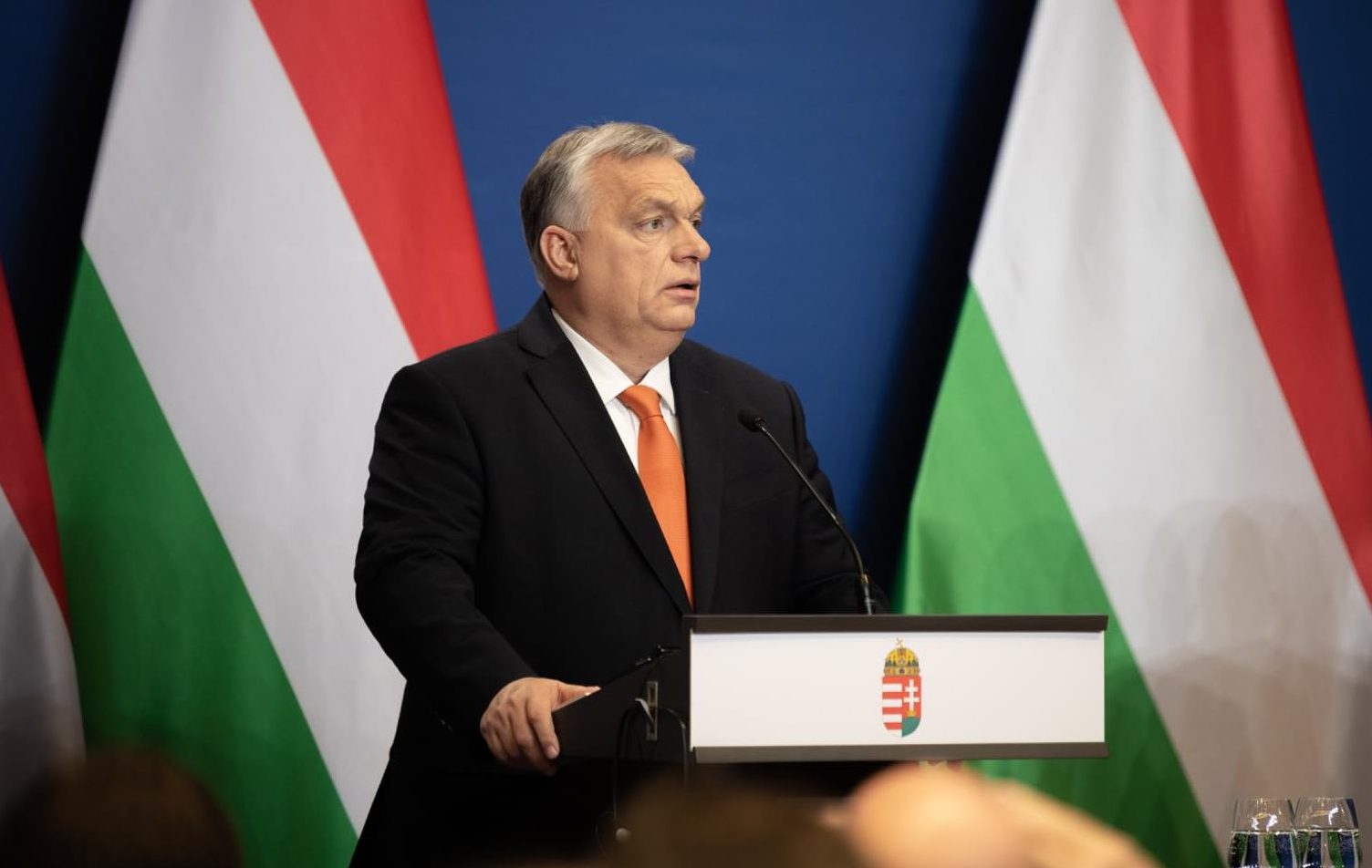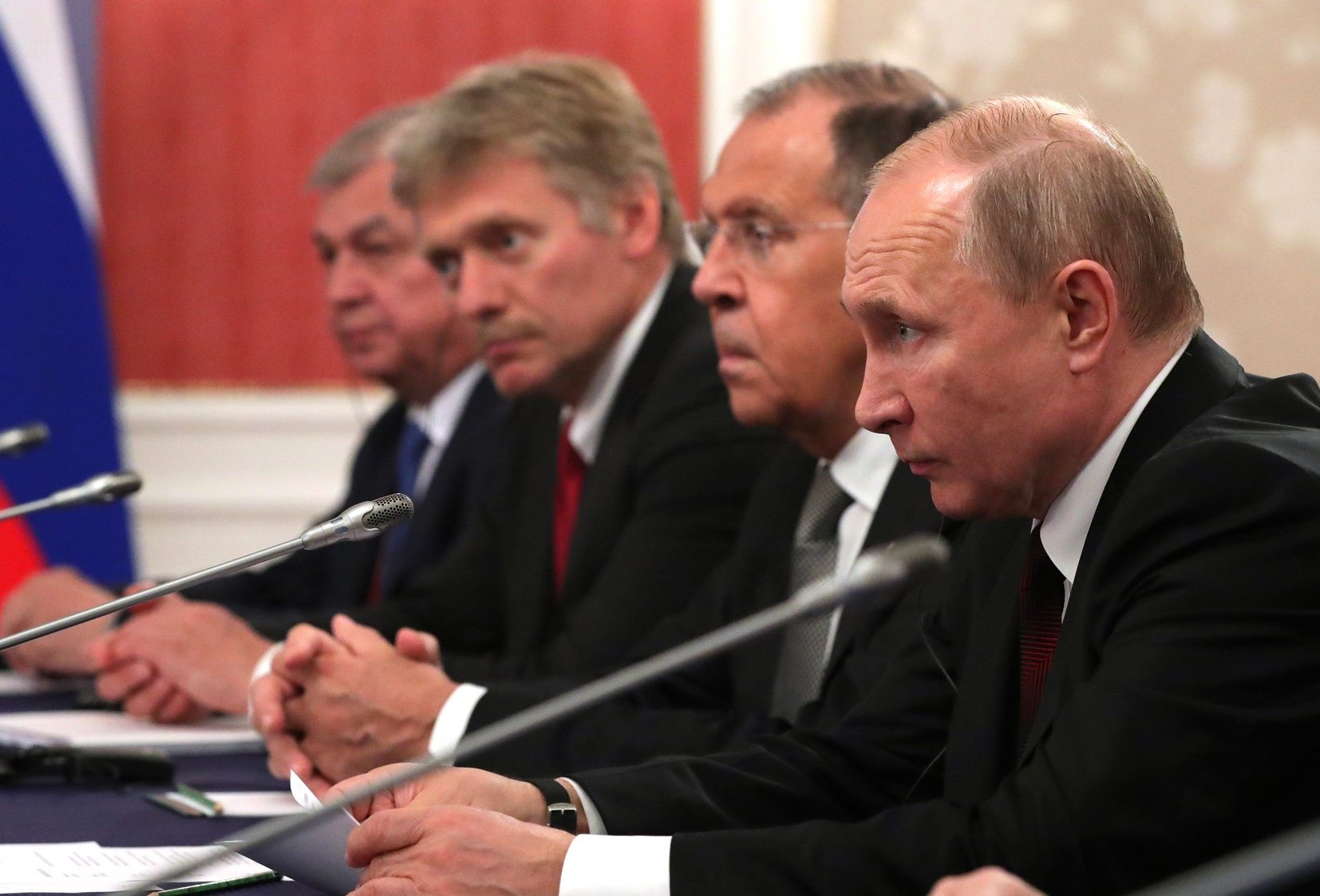
According to Viktor Orbán, for the Hungarians, war is worrying and dangerous.Continue reading

Words have weight and Russian politicians are masters of weighing them up. Hungarian Prime Minister Viktor Orbán’s opinion about where the European Union’s policies are heading in relation to the war in Ukraine are reverberating across the Russian political sphere.
“We are close to the EU crossing what was previously thought to be an impassable border, and making it acceptable that the EU will send some form of peacekeeping troops to Ukraine”, said the Prime Minister during his regular radio interview on Friday. Although such a position is not currently being discussed on an official level in Brussels, Viktor Orbán sees this as one possible direction in which the bloc’s policy of sanction and weapons shipments could develop.

Viktor Orbán. Photo: MTI/Miniszterelnöki Sajtóiroda/Benko Vivien Cher
The idea of sending “peacekeeping-type troops” to Ukraine discussed in the European Union, if such talks are really serious, is potentially extremely dangerous, Russian presidential spokesman Dmitry Peskov told reporters on Friday, informed the Russian news agency TASS.
This is a statement that is very important to pay attention to. If we are talking about some serious kind of “conspiracies,” of course, this is a potentially extremely dangerous discussion,
the Kremlin spokesman warned. Peskov pointed out that such peacekeeping forces, as a rule, are applied with the consent of both sides. “In this case, it is potentially a very dangerous topic,” he reiterated.
Another direct reaction to Viktor Orbán’s suggestion came from the deputy of the State Duma and publicist Anatoly Wasserman. He told Russian newspaper Pravda that “formally, Ukraine’s mobilization resource is not yet exhausted, but in fact it is more and more difficult to use it.

Anatoly Wasserman Photo: Wikimedia
“What will happen next, we’ll see. In any case I hope very much that Hungary, if it introduces its troops, then only in Podkarpatckie Rus (Transcarpathia, Western Ukraine), which was a part of Hungary for a considerable part of its history and there are not only many Hungarians, but also the majority of the Russian speaking local population managed to find common format of existence with Hungarians. And afterwards we will have to agree with Hungary on how we will ensure the protection of interests of both Hungarian minority and Russian majority in this region, “- concluded the expert.
Featured Photo: Wikipedia